Most people do not listen with the intent to understand; they listen with the intent to reply
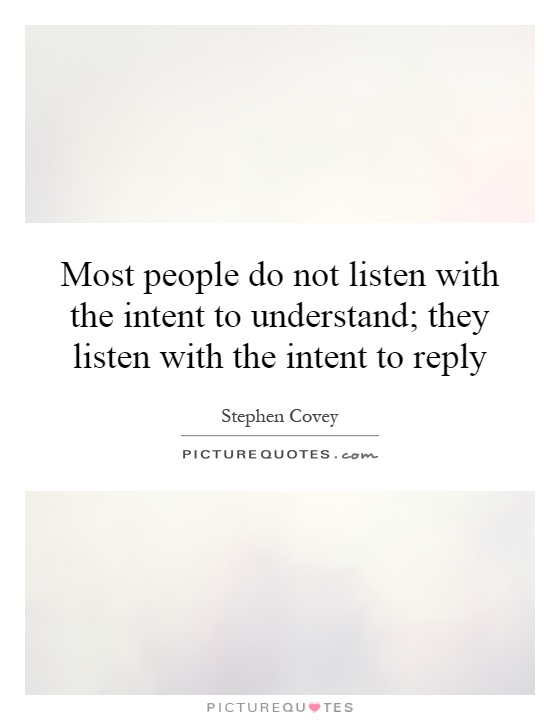
Most people do not listen with the intent to understand; they listen with the intent to reply
Stephen Covey, the renowned author of "The 7 Habits of Highly Effective People," famously said, "Most people do not listen with the intent to understand; they listen with the intent to reply." This statement holds a profound truth that resonates with many individuals in today's fast-paced and communication-driven society.In his book, Covey emphasizes the importance of empathetic listening, which involves truly understanding the other person's perspective before formulating a response. He argues that most people are too focused on getting their point across or proving themselves right that they fail to truly listen and understand the other person's point of view. This lack of genuine listening can lead to misunderstandings, conflicts, and missed opportunities for meaningful connections.
Covey's message is particularly relevant in today's digital age, where communication is often reduced to quick text messages, emails, and social media posts. In these mediums, it is easy to fall into the trap of listening with the intent to reply, rather than taking the time to truly understand the other person's thoughts and feelings. This can lead to miscommunication, misinterpretation, and a lack of empathy in our interactions with others.
To combat this tendency, Covey suggests practicing empathetic listening by focusing on the other person's words, body language, and emotions. This involves setting aside our own biases, assumptions, and agendas to truly connect with the speaker and understand their perspective. By doing so, we can build stronger relationships, resolve conflicts more effectively, and foster a deeper sense of understanding and connection with others.

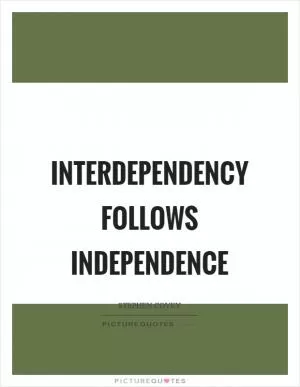

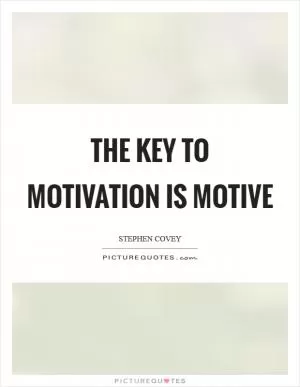
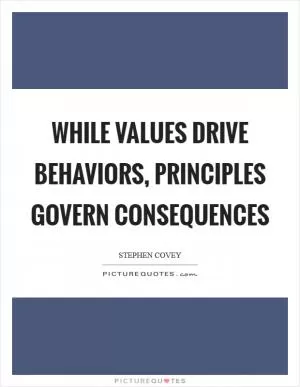
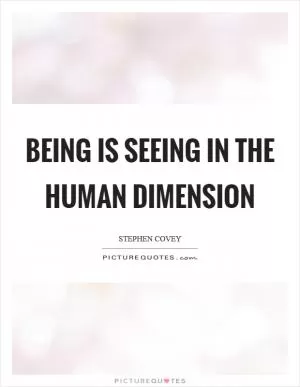
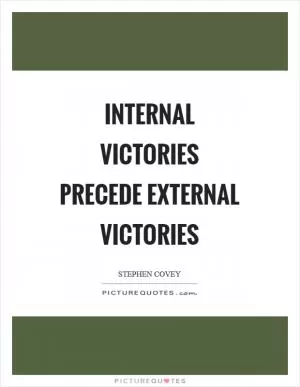

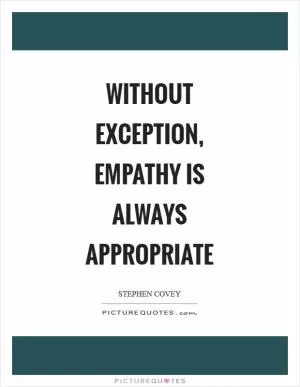
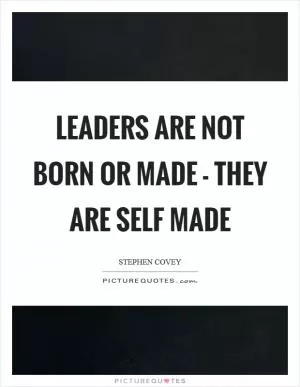
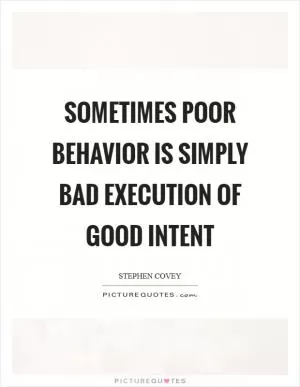

 Friendship Quotes
Friendship Quotes Love Quotes
Love Quotes Life Quotes
Life Quotes Funny Quotes
Funny Quotes Motivational Quotes
Motivational Quotes Inspirational Quotes
Inspirational Quotes